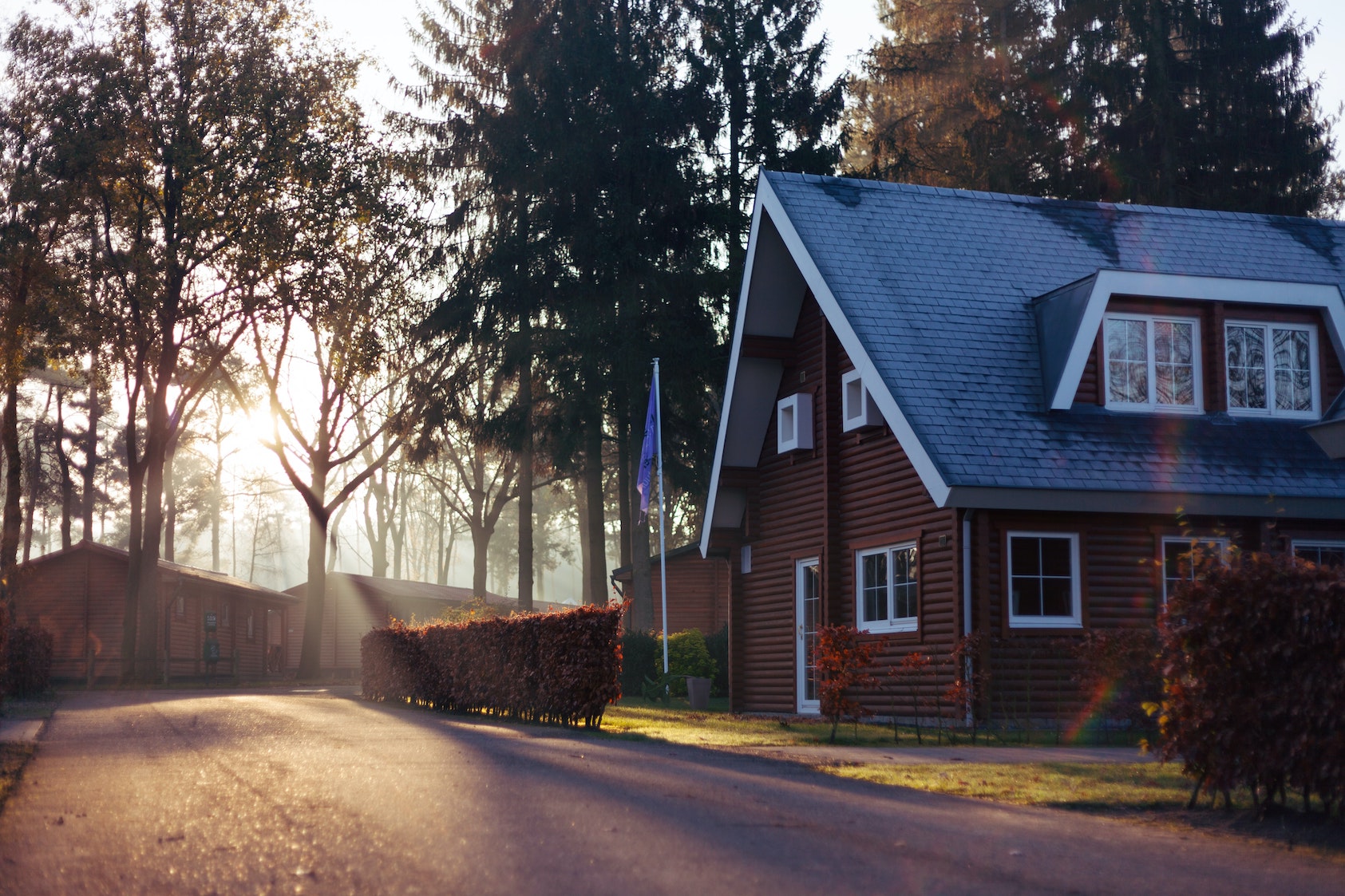There are a lot a rules that govern what you can and can’t do in a rental property, and it can often feel like you can’t do anything at all. Lease agreements are designed to protect the tenant and the landlord, but they often look a lot scarier than they actually are.
It you take a step back and talk to your landlord or Property Manager politely, you’ll be surprised at just how accommodating they can be. Here are some common things that tenants often ask about:
-
Owning a pet
Pets are a contentious issue for a lot of landlords. Some of them could tell you a horror story or two about pets causing damage to the property, but most of them are willing to accommodate your pet if you’re upfront and polite.
There is currently no legislation in Victoria that allows landlords to refuse pets into a property, but if you sign a lease that says ‘no pets’ then you’ll have to negotiate with them afterwards.
Be honest and upfront, explain your situation and ensure the landlord that you will take every precaution to prevent your pet from damaging or dirtying the property. Also mention that you are prepared to repair any damage if it is caused by your pet.
-
Pictures
Most landlords will allow the hanging of pictures on their walls as long as you agree to repair the holes when you move out. This is simple to do, just make sure to get permission from your landlord first to avoid any breeches of contract.
-
Painting walls
Sometimes the colour of the walls in a room is just simply ridiculous. You can ask the landlord for permission to paint the walls, and as long as you get it done professionally and you agree on the colour choice, the landlord is likely to say yes. You are improving the property after all at no cost to them.
-
Adding a wall or door
Sometimes renters want to make alterations to a property which substantially alter the layout or add another room. You might want to partition off an extra bedroom or create an office space. These sorts of renovations often happen in open-style apartments or warehouse-style spaces.
If you want to undertake such a renovation, you must consult your landlord. If you don’t, you could be forced to pay to remove the renovation and restore the property to its original layout.
But if you approach the landlord with your idea, show them how it will be improving their property rather than subtracting for it, many will encourage the idea because it adds value and appeal to their property.
In some circumstances they may flatly reject the idea because they think it affects the structure or appeal of the property in a negative way. This is why you must be upfront and always seek permission.
-
Kitchen renovation
Kitchen renovations are one of the most common and sought-after changes to a property. This can be tricky to negotiate in a rental, but you can ask your landlord to flip some or all of the bill if you offer to do all the hard work in organising it all.
Tenants who plan to stay in a property for a long time are more likely to be successful because landlords generally prefer long term tenants for the guaranteed rent payments.
Make sure to remind them that this will add value to their property, and that you’re willing to do all the leg work.
-
Installing a security system
Modern security systems are predominately controlled via Wifi and can be installed and taken down easily without any behind-the-wall wiring. This increases your peace of mind by having a solid security system and the landlord can’t really say no because you are not altering their property in any way. If you need to physically attach cameras to a wall, then just say you will repair the screw holes once you vacate the property.
When you do leave, you can pack up the system and install it again in your new home.
By Mark Ribarsky.




 POSTED BY
POSTED BY 

